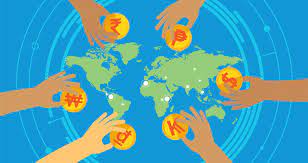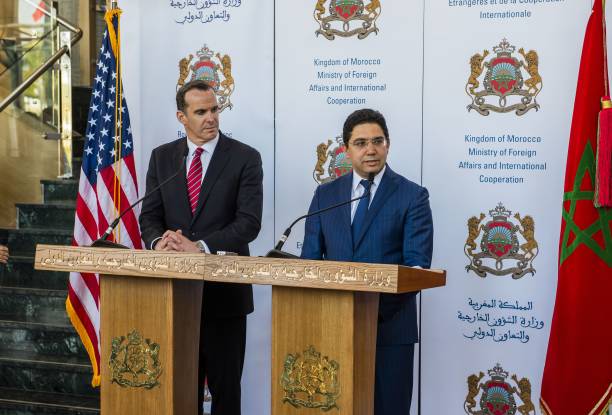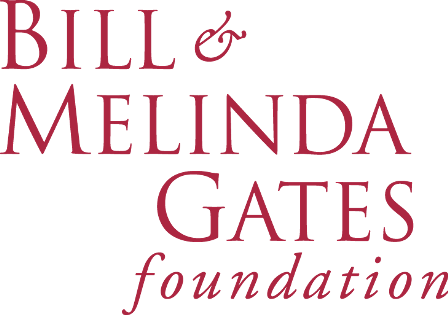As 93% of the most climate-vulnerable countries in the Global South are “drowning in debt, according to a new research from ActionAid, experts warn that illicit trade greatly exacerbates this budgetary disaster, which in turn robs governments of massive amounts of tax revenue while undermining medical, environmental and economic health.
The ActionAid study also rings the alarm bells that nearly two-thirds of these highly indebted nations are drastically slashing public spending to repay loans, hindering progress in funding vital climate resilience and sustainable development efforts. The illicit trade robs governments in the Global South — including Somalia, Malawi, and Mozambique — of massive amounts of tax revenue every year while undermining medical, environmental and economic health. Hence experts urge African governments to take a robust action to tackle thriving counterfeit markets — namely traceability and authentication systems paired with regional regulatory cooperation — as this will play a crucial role in easing budgetary pressures and unlocking the continent’s potential.
In a recently published report, SICPA West Africa exposes the scale of the illicit trade plaguing the health, energy, and food sectors, concluding that anti-fraud traceability systems are essential “in building an economy of trust,” that Africa needs to achieve its inclusive and sustainable development transitions. With less than half of the continent’s population has access to adequate healthcare, while nearly 100 million Africans incur “catastrophic healthcare costs” every year, this situation has created fertile ground for the much cheaper counterfeit pharmaceuticals market, which has reached an estimated annual size of $200 billion according to the SICPA report. Beyond its public health impact, Covid-19 has had a much less visible impact in Africa according to a 2022 study: fueling the fraudulent food market, notably through its disruption of global supply chains.
Aside from food, the African sector most critical for the continent’s sustainable development, energy, is also gravely impacted by the scourge of illicit trading. According to the SICPA report, $133 billion worth of fuels is either stolen, illegally refined and imported or otherwise falsified globally, with Africa on the frontlines. Tackling rampant illicit trading in Africa’s health, food and energy sectors is thus an urgent priority. SICPA highlights hi-tech tracing and authentication technology solutions as vital components of the public policy response. Beyond traceability, regional regulatory harmonization measures are critical in closing cross-border legislative and judiciary gaps that criminal groups exploit. With the IMF and World Bank seeking solutions to the Global South’s debt and climate finance crises, the significant impact of illicit markets should ultimately not be overlooked.



